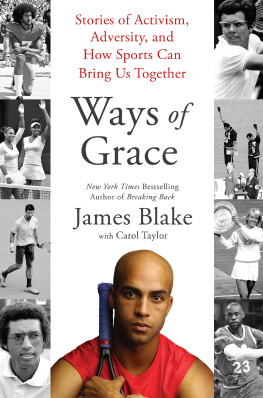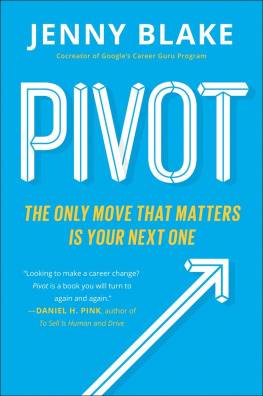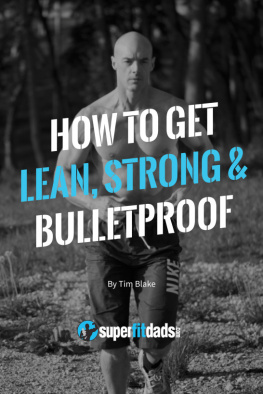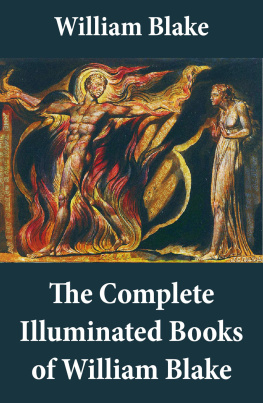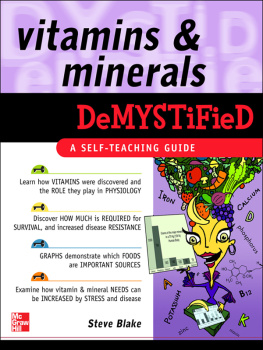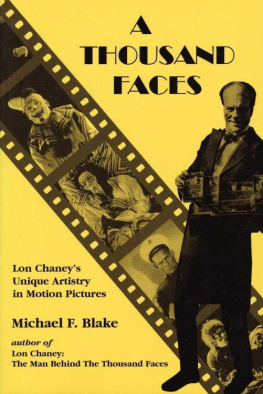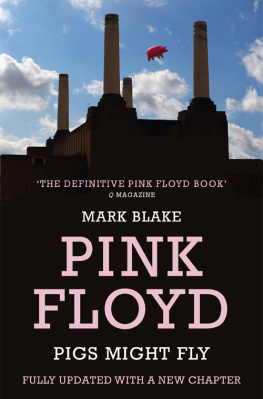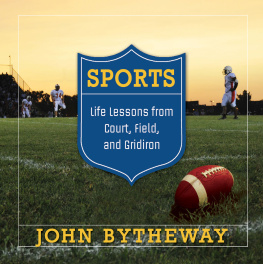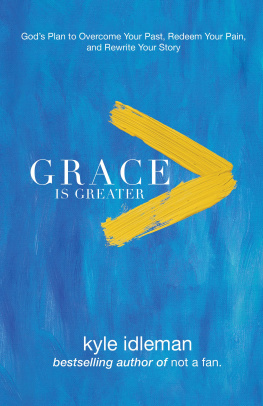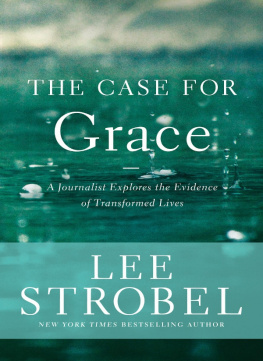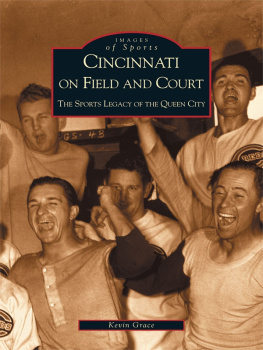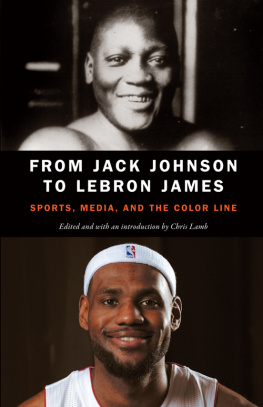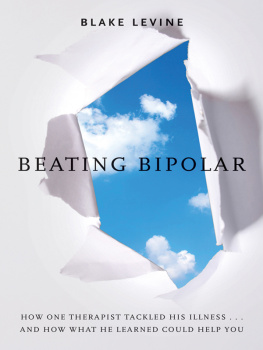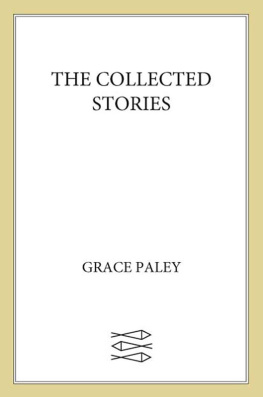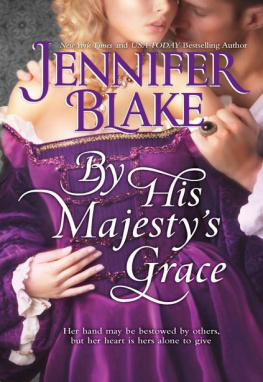Contents
To anyone who has ever chosen to take a stand for something greater than themselves
Introduction
Mistaken Identity
It is a funny thing the moment when your perception of the world changes. Its not that anything in reality has actually changed, it is your perception of the world and how you are perceived in it that has been forever indelibly and irrevocably altered. That life-changing moment happened to me September 9, 2015, on a sunny Wednesday afternoon as I stood outside my hotel near a bustling Grand Central Terminal. I was in New York and on my way to the US Open tournament to do corporate appearances for my role as chairman of the United States Tennis Association (USTA) Foundation.
I have played tennis for most of my thirty-six years, professionally since 1999. My parents loved the game and they passed that love on to me and my older brother, Thomas. My mother, Betty, is British, and my father, Tom, was African American. They met on the court and fell in love playing the game. My mother is in her eighties and she still plays once or twice a week. My oldest daughter is a toddler and already has a racket. I started playing tennis with Thomas and my parents when I was five years old. I began taking lessons when I was ten or eleven. When I turned thirteen I decided to quit other sports and focus exclusively on tennis. That was a suggestion from my dadnot for tennis specifically, but just to pick one thing and be good at it. At that time I was all over the place, as any energetic teenager would be. I had hobbies and loved sports of all kind. Dad told me, Youre doing a bunch of things; why dont you pick one and try to really excel at it? I decided on tennis because I felt I was the best at it, but I also liked the individual aspect of it. Being a professional tennis player is like being an entrepreneur. All the decisions fall to me, but I can customize my game, my training, and my approach, which suits my personality.
Every weekend my parents, Thomas, and I would leave our house in Yonkers and head to Harlem to play. Even when we moved from Yonkers up to Connecticut, on the weekends we still headed down to the courts in Harlem. When I turned seventeen, I followed my brother to Harvard. I played on the tennis team for two years, from 1997 to 1999. After being approached by an agent my sophomore year, I decided to go pro and play professionally.
Over the course of my career as a pro tennis player I was among the top four players in the world, and a Davis Cup champion. During that time I wrote my memoir, Breaking Back, about the challenges I faced coming back from a traumatic injury and overcoming a family tragedy. Those fourteen years taught me how to persevere not only on the court but also off the court, as I overcame many challenging professional and personal issues. I retired from pro tennis in 2013. In 2015 I became chairman of the USTA Foundation, which is the charitable arm of the association. My role as chairman keeps me connected to the game I love so much and allows me to stay involved in a very positive way.
As I stood waiting for the car to arrive to take me to the US Open for sponsor appearances and USTA Foundation meetings I saw a man running toward me. He reminded me of one of my friends from high school. Freshman year I was on the wrestling team with several seniors. I was the tiniest one. The seniors would pick me up and throw me around. It was fun, and what youd expect from teenaged boys. They were wrestlers, so they would wrestle me, and joke around.
A few days earlier my friend had written on my website, Hey! I havent seen you in twenty years, just checking in. Were all proud of you. I was glad to hear from him. Considering that he had been a senior when I was a freshman, he was pretty nice to me in high school. He was a big guy too, with a shaved head. As I stood there, in front of the Grand Hyatt, in Midtown Manhattan, three days after hearing from him, I saw a guy running toward me. He had a bald head, and was a big guy. What a coincidence to see him there, I thought, and I smiled. When he reached me he picked me up and slammed me to the ground. The next thing I know, hes sitting on top of me, yanking my arms behind my back and handcuffing me.
At this point I knew it was not my friend from school and I figured out that despite his not wearing a badge or identifying himself as a cop, he must be one, because he had handcuffs. Despite what you may have heard about New York, I couldnt imagine I was being robbed in broad daylight outside Grand Central. As I lay on the ground, my face pressed into the concrete, going through my head was, Oh my god, this is wrong!
Thats when I tried to remember everything I had heard from the news about resisting arrest, though I had no idea what I was being arrested for. From all the media and news reports of tragic police incidents, I knew there were far worse things that could happen to me during a confrontation with law enforcement. I said, Im cooperating, whatever you say. Im complying a hundred percent, whatever you say. Thats when he yanked me up and walked me over to five men several feet away. Though they werent in uniform, I assumed they were officers because they had badges visible on their belts.
This is a mistake. This is an absolute mistake, you guys have the wrong person, I said as I stood handcuffed in the middle of the sidewalk.
Okay, one officer said, though he made no move to release me, and they still hadnt told me why I was handcuffed or what they were looking for. Another officer asked for ID. I indicated that he should look in my pocket. The officer took out my drivers license, and said, We have witnesses that tell us that you were involved in criminal activity.
Witnesses? What are you talking about?
Someone said hes been delivering things to you for the last two weeks.
None of this was making any sense. Im staying in this hotel, I told him. We can go up to my room. Ill show you the plane ticket. I arrived on a red-eye flight this morning. There is no way that I could have been doing anything here for two weeks, when I just got in this morning.
The plainclothes officer who had tackled me and was still holding me by the arm was not very open to what I was saying. He just repeated, Well see. Well see. Well figure this out. Well see.
I kept telling them, Look, this has nothing to do with me. I pleaded with them to look at my US Open badge in my back pocket. At this point it was hanging out. Please, look at my badge, you can tell that Im not a criminal. I have a badge for the US Open. I was on my way there now.
Okay, well see. Well see.
They still wouldnt take the badge out. They didnt believe me until about ten minutes later when another officer, an older man, arrived on the scene. As I watched him examine my ID I could see that he realized there was a problem. After he looked at my license and I told him that I was a professional tennis player and was heading to the Open, he took out his phone and appeared to be looking something up. Then he looked again at my ID and what must have been a picture of me on his phone. Thats when he apologized and had the other officers uncuff me. He was the only one, of the five or six officers there, who apologized. The officer who tackled me, whose last name I later found out is Frascatore, never did.
At that moment my car arrived and I walked away in a daze and got in. I didnt ask for any badge numbers or their names. I didnt ask for their precinct information. I was just relieved to be away from them. The full effect of what occurred in those fifteen minutes hadnt yet sunk in. I was still in shock. I had not fully processed what just happened to me on a busy New York City sidewalk. I still didnt fully realize that Id been manhandled and handcuffed, then dragged to my feet in full view of crowds of people streaming by. And I was completely innocent. I was just relieved to be away from them and that scene and ready to forget it. I sat in the car still shaken, then called my wife, Emily, and told her what happened.

